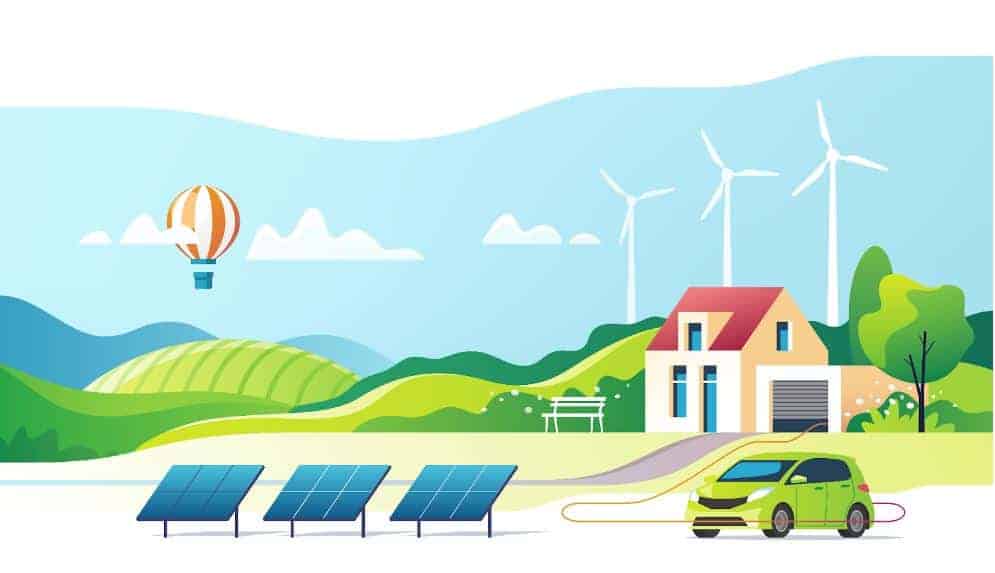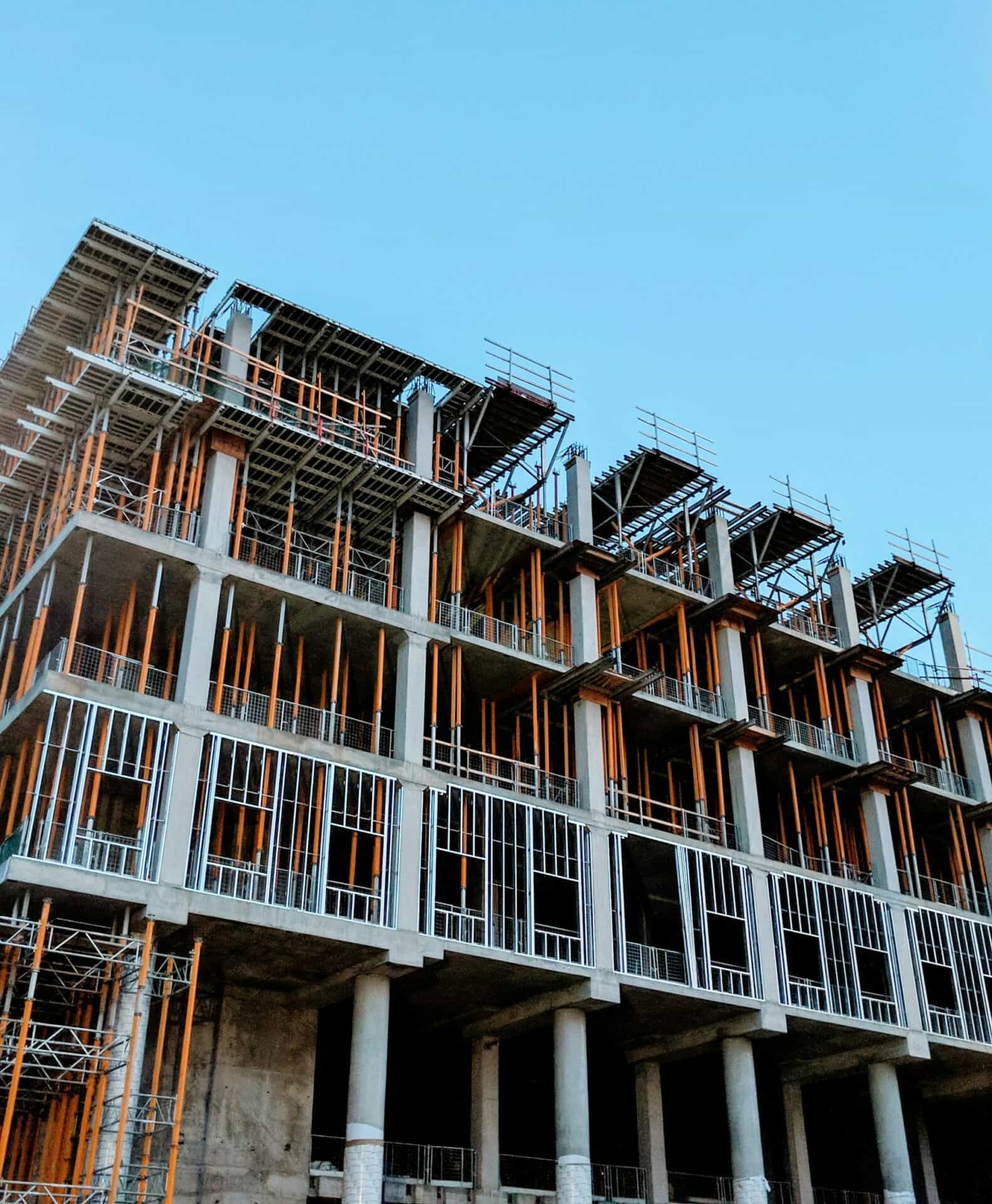Following a year with a historically low cash rate, the Reserve Bank of Australia (RBA) has announced consecutive hikes to interest rates, with the most recent one taking place in May 2023, increasing the rate from 3.85% to 4.10%, which caused wide speculation about whether the RBA will continue to raise interest rates until inflation settles.
The four big banks in Australia have all said that they believe the RBA will continue to raise Australia’s official interest rate until inflation settles.
In a shock move, the RBA has paused interest rates at its monthly meeting, which will be a massive relief for millions of borrowers nationwide.
On Tuesday afternoon, the RBA announced it was keeping the cash rate at 4.1 per cent amid widespread speculation that split economists down the middle over whether the bank would raise or hold the rate.
Australia’s central bank has hiked interest rates every month since May last year, with the exception of April and now, when rates were momentarily paused.
The cash rate has jumped significantly from the historic pandemic low of 0.1 per cent in what has been dubbed the fastest tightening cycle on record.
Australia’s inflation has surpassed its highest point, and the latest monthly Consumer Price Index (CPI) data for May indicates a continued decrease.
However, despite this decline, inflation remains excessively high and is expected to persist for a considerable period. The detrimental effects of high inflation are widespread, impacting individuals and the overall economy. It diminishes the value of savings, places strain on household budgets, hinders business planning and investment, and exacerbates income inequality.
Moreover, if high inflation becomes deeply rooted in public expectations, the subsequent efforts to reduce it would be significantly costly, necessitating even higher interest rates and a greater increase in unemployment. Due to these factors, the priority of the Board is to restore inflation to its target level within a reasonable timeframe.
Looking back: Why has the RBA been Hiking the Australian Interest Rate?
The Reserve Bank of Australia is Australia’s central bank. It was established in 1960 with the passing of the Reserve Bank Act 1959, which aimed to provide “a sound and efficient monetary and banking system.”
The RBA’s primary responsibility is to ensure that the Australian economy maintains financial stability and develops in a sustainable way. In pursuit of this goal, the Reserve Bank participates in domestic and international policymaking, ensuring the safety and efficiency of the payment system and promoting competition in the financial sector.
In recent years, one of the RBA’s key monetary policy objectives has been limiting inflation within the target range of 2–3% per annum over the business cycle. Given this objective, the RBA conducts monetary policy by setting the cash rate at its monthly board meetings.
The cash rate is currently 3.35% – the highest in nine years. And the RBA has shown no signs of stopping the increases any time soon.
Why?
The consumer price index (CPI) has risen to 7.8% in December 2022, which is well above the desired rate. CPI measures the average prices of consumer goods and services, helping to track inflation & the rate at which prices rise.
When the CPI is too high, it can signal that inflation is rising too quickly and the cost of living is becoming more than people can afford. This can seriously impact the state of an economy, so the government prefers to keep it at a controllable level – which in Australia, as was mentioned previously, is anywhere between 2% and 3%.
With a high RBA cash rate, the hope is consumers will reduce spending and slow economic activity, which should help keep inflation low. Economic activity refers to the production, consumption, and exchange of goods and services in an economy. It is the engine that drives growth and development.
Once inflation starts decreasing and reaches the target rate, the RBA can drop the cash rate to encourage spending and increase economic growth again.
But it doesn’t seem like that will happen any time soon, with many economists predicting a few more RBA cash rate hikes.

What are the Cash Rate Predictions in the Financial Markets?
According to some of the big banks in Australia, we can expect rates to continue to increase over the next few years:
- The Commonwealth Bank forecasts that current interest rates will remain high for longer, with the cash rate only dropping to 2.60% by November 2023.
- Westpac is forecasting a slightly higher cash rate of 3.85% by March 2023 before it drops to 2.60% in 2024.
- NAB is forecasting that rates will rise to 3.60% by March 2023 but then remain steady into 2024.
- ANZ is also forecasting a rise in rates, with the cash rate reaching 3.85% by May 2023 before it drops to 3.35% in late 2024.
While there seems to be slight differences in exactly how high the interest rate is going to go and when it might peak – there is a common consensus on one thing: it’s going to keep increasing for a while.
So, what does this mean for you if you have a home loan?
Here’s how it works: when the cash rate goes up, it becomes more expensive for banks to borrow money. In order to make up for this extra cost, they often increase their home loan rates, too. So if you’re on a variable home loan rate, you’re likely to feel the effects of a cash rate increase pretty quickly.
The table below indicates each bank’s prediction of their variable interest rate if the cash rate reaches their estimated peaks:
| Predicted Cash Rate Target Peak | Predicated Variable Rate | |
| ANZ | 3.85% | 6.42% per annum |
| CommBank | 3.10% | 5.67% per annum |
| NAB | 3.60% | 6.17% per annum |
| Westpac | 3.85% | 6.42% per annum |
Higher interest rates, unfortunately, mean higher monthly repayments.
For example, the Duo Tax team crunched some numbers to see how the Westpac and ANZ predictions would impact a $500,000 home loan with a 25-year term. The result was more than a $1,000 difference in the repayments in April 2022 versus in March 2023.
| Average Interest Rate | Monthly Repayment |
| April 2022 – 2.86% | $2,335 |
| March 2023 – 6.42% | $3,410 |
| Difference: $1,075 |

Fortunately, there are some things you can do to minimise the impact of a higher cash rate.
- Review your budget and make sure you can afford higher repayments: In most cases, the lender (and other financial institutions) would have factored in rising interest rates and how that would impact your ability to service the loan, so affordability shouldn’t be too much of a concern. Still, be cautious of your spending and monitor the balance in your savings accounts so that you’re not struggling to meet your repayment obligations.
- Compare home loans to find a better interest rate: Most lenders would have increased their variable rates based on the increasing cash rate – but if you shop around, you might find a lender that hasn’t hiked their rates as much as your current lender.
- Make extra repayments now so you can pay off your loan sooner: if you have the extra money, try to make higher repayments now so that you won’t be as impacted when the interest rate does peak.
- If you’re an investor, claim all your tax deductions: Claiming tax deductions for rental property expenses, depreciation, and interest expenses can significantly affect your investment’s bottom line.
Key Takeaways
Will interest rates rise? The Reserve Bank of Australia has announced its ninth consecutive cash rate rise following rising inflation rates, and the four big banks predict it will continue to increase. This means monthly repayments for those with home loans, car loans and personal loans are going up.
If you’re worried about how you’ll keep up with repayments, speak to your lender about your options or speak to a financial advisor who can help you find the best solution for your bank account.
Alternatively, if you’re a property investor looking to soften the blow of higher mortgage repayments, use the tools available to you, such as tax depreciation schedules, to save in other areas.
Duo Tax are fully qualified quantity surveyors specialising in maximising property investors’ depreciation deductions. We know the ins and outs of the ATO guidelines, so you don’t have to. And we’ll compile everything into a handy depreciation schedule that you can submit to your accountant come tax time.
Get in touch with us today to find out more.

Ready to get started?
Talk to one of our friendly property experts to get a free quote or more Information.










